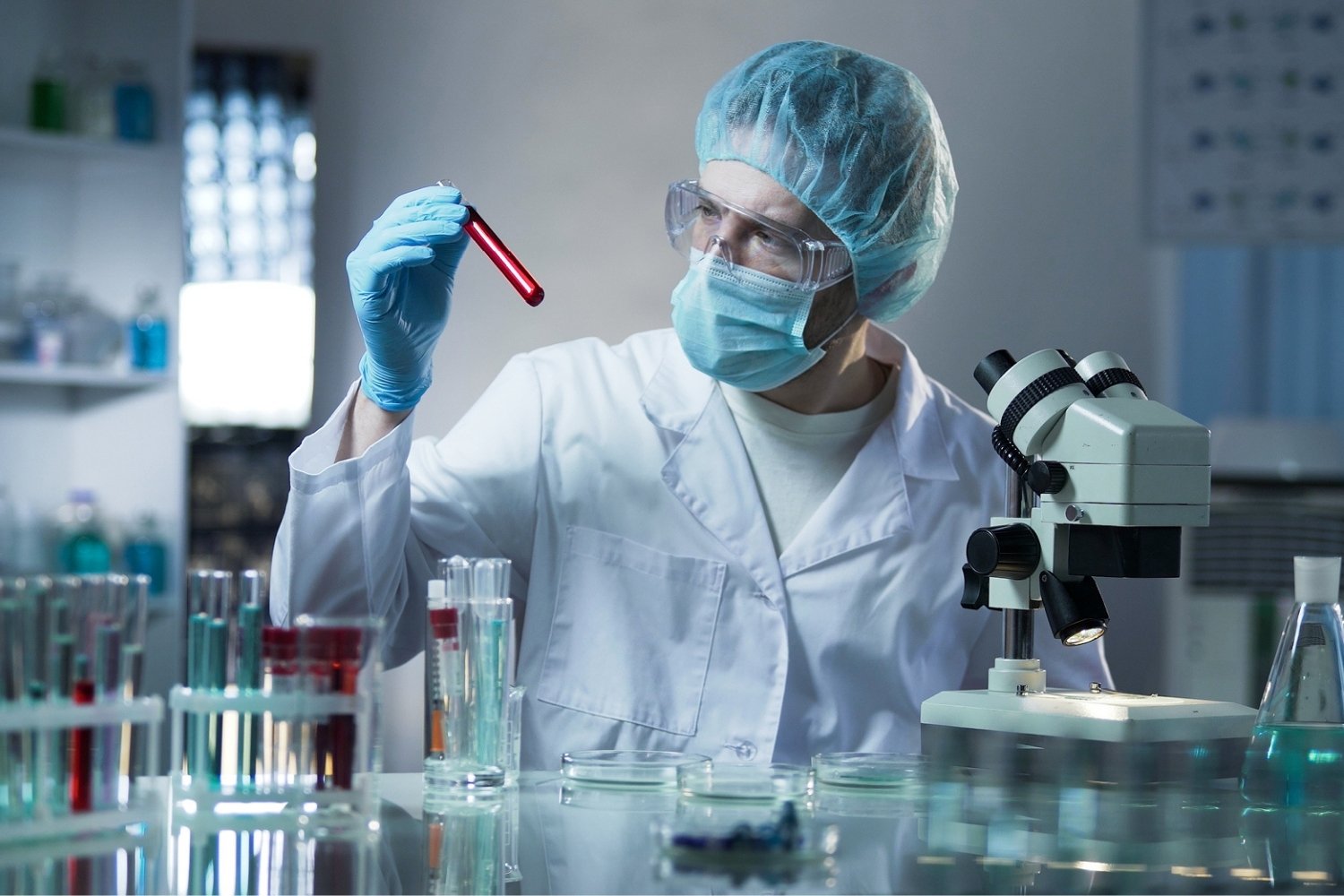
Laboratory science is a field brimming with curiosity and discovery. From analyzing blood samples to studying bacteria, lab scientists play a crucial role in healthcare and research. Ever wondered how a simple blood test can reveal so much about your health? Or how scientists develop new medicines? Laboratory science involves a blend of biology, chemistry, and technology to solve real-world problems. Whether it's diagnosing diseases, ensuring food safety, or developing new treatments, lab scientists are the unsung heroes behind many medical advancements. Ready to dive into some intriguing facts about this fascinating field? Let's explore 28 amazing tidbits that highlight the importance and excitement of laboratory science!
The Fascinating World of Laboratory Science
Laboratory science is a field full of discovery and innovation. From medical breakthroughs to environmental studies, labs play a crucial role in advancing knowledge. Here are some intriguing facts about this essential field.
Historical Milestones in Laboratory Science
Understanding the history of laboratory science gives us insight into how far we've come.
- The first recorded laboratory was established by Pythagoras around 530 B.C. in ancient Greece.
- Alchemy, an early form of chemistry, was practiced in ancient laboratories in Egypt and China.
- The microscope, invented by Zacharias Janssen in the late 16th century, revolutionized laboratory science.
- Louis Pasteur's experiments in the 19th century led to the development of vaccines and pasteurization.
- The discovery of penicillin by Alexander Fleming in 1928 marked the beginning of modern antibiotics.
Tools and Techniques
Laboratories are equipped with various tools and techniques that make scientific research possible.
- Centrifuges are used to separate substances of different densities by spinning them at high speeds.
- Spectrophotometers measure the amount of light absorbed by a sample, helping identify its components.
- Polymerase Chain Reaction (PCR) is a technique used to amplify DNA, making it easier to study genetic material.
- Chromatography separates mixtures into their individual components, useful in both chemistry and biology.
- Electron microscopes provide much higher resolution images than light microscopes, allowing scientists to see tiny details.
Laboratory Safety
Safety is paramount in any laboratory setting to protect researchers and ensure accurate results.
- Fume hoods are used to ventilate hazardous fumes and protect researchers from inhaling dangerous chemicals.
- Personal protective equipment (PPE) like gloves, goggles, and lab coats are essential for preventing contamination and injury.
- Safety showers and eye wash stations are installed in labs to quickly rinse off harmful substances in case of an accident.
- Proper labeling and storage of chemicals prevent dangerous reactions and ensure safe handling.
- Regular safety training and drills help lab personnel stay prepared for emergencies.
Medical Laboratory Science
Medical labs play a vital role in diagnosing and treating diseases.
- Blood tests can detect a wide range of conditions, from infections to diabetes.
- Pathologists examine tissue samples to diagnose diseases like cancer.
- Microbiologists in medical labs identify pathogens causing infections, guiding appropriate treatment.
- Genetic testing can reveal inherited conditions and predispositions to certain diseases.
- Clinical trials conducted in labs test the safety and efficacy of new medications and treatments.
Environmental and Forensic Laboratories
Labs also contribute to environmental protection and criminal justice.
- Environmental labs test air, water, and soil samples to monitor pollution and ensure safety.
- Forensic labs analyze evidence from crime scenes, such as DNA, fingerprints, and toxicology reports.
- Wildlife forensic labs help combat illegal poaching and trade by identifying species and origins of animal products.
- Labs studying climate change analyze ice cores, tree rings, and other natural records to understand historical climate patterns.
- Toxicology labs test for the presence of harmful substances in food, water, and consumer products.
Fun and Surprising Facts
Laboratory science isn't just serious business; it has its share of fun and surprising elements.
- Some labs use robots to perform repetitive tasks, increasing efficiency and accuracy.
- The Large Hadron Collider, the world's largest and most powerful particle accelerator, is essentially a giant laboratory for studying particle physics.
- Labs studying space samples have found amino acids, the building blocks of life, in meteorites.
Laboratory science continues to evolve, pushing the boundaries of what we know and what we can achieve.
The Final Word on Laboratory Science
Laboratory science is a fascinating field that touches every part of our lives. From medical breakthroughs to environmental protection, labs play a crucial role. Scientists work tirelessly behind the scenes, ensuring the safety and advancement of society. Innovations in technology have made lab work more efficient and accurate, leading to faster discoveries. Understanding the basics of lab science helps us appreciate the hard work and dedication of these professionals. Whether it's developing new medications, testing water quality, or studying genetic material, labs are essential. Next time you hear about a new scientific discovery, remember the lab work that made it possible. Keep learning, stay curious, and who knows? Maybe you'll contribute to the next big breakthrough in laboratory science.
Was this page helpful?
Our commitment to delivering trustworthy and engaging content is at the heart of what we do. Each fact on our site is contributed by real users like you, bringing a wealth of diverse insights and information. To ensure the highest standards of accuracy and reliability, our dedicated editors meticulously review each submission. This process guarantees that the facts we share are not only fascinating but also credible. Trust in our commitment to quality and authenticity as you explore and learn with us.
